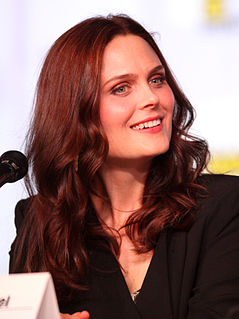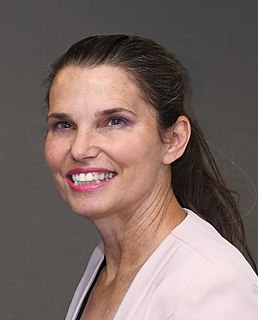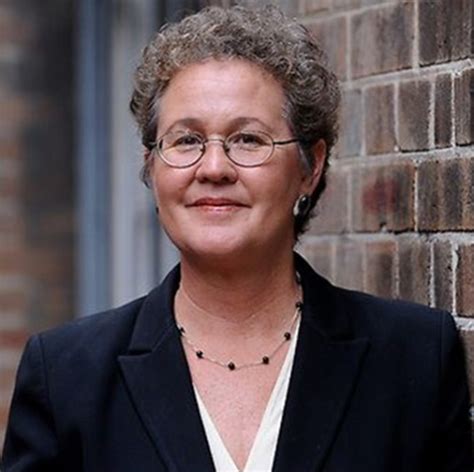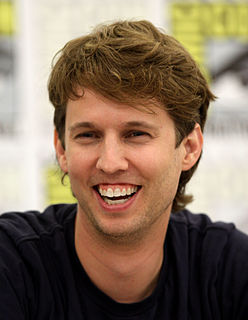A Quote by Margot Lee Shetterly
How do we fill the need for technology workers, people who have computer skills and math and science skills? How do we get a more diverse science workforce? These are all issues - I would look at these documents that were from the '50s and '60s and '70s, and you'd swear they were written two weeks ago because the issues are the same.
Related Quotes
Science fiction is fantasy about issues of science. Science fiction is a subset of fantasy. Fantasy predated it by several millennia. The '30s to the '50s were the golden age of science fiction - this was because, to a large degree, it was at this point that technology and science had exposed its potential without revealing the limitations.
People used to complain in the 50s and 60s and even in the 70s when I was in school, studying political science, that "if only we could have two political parties that presented a choice, but there were all these liberal Republicans and there were all these southern Democrats who are conservative so people just don't have a clear choice."
If all our common-sense notions about the universe were correct, then science would have solved the secrets of the universe thousands of years ago. The purpose of science is to peel back the layer of the appearance of the objects to reveal their underlying nature. In fact, if appearance and essence were the same thing, there would be no need for science.
While most of today's jobs do not require great intelligence, they do require greater frustration tolerance, personal discipline,organization, management, and interpersonal skills than were required two decades and more ago. These are precisely the skills that many of the young people who are staying in school today, as opposed to two decades ago, lack.
As more girls get basic schooling, larger numbers will move up the educational ladder - some to pursue science, technology, engineering, and mathematics. That's important because workplaces around the world, especially in many developing and emerging-market countries, are becoming more automated, favouring workers with technical skills.
I want to get young girls excited in science, tech, engineering mathematics, art, design - and how they come together. We've got this Choose Science campaign. Once women are there, though, we have to retain them. When I look at universities, it's not enough to have role models, we need to have champions. We need to have more women in senior leadership positions. There are issues about work-life balance. Women go to have children and then who keeps the lab running? There are many challenges.
The 60s were a continuation of the 50s much more than people realized. Certainly in some countries, like Britain, there was still a culture of deference, whereas in the 70s we really are in a time of angry transition. The generation that came into young adulthood in the 70s couldn't find jobs; that wasn't true in my generation. They entered a time when two depressing things hit them both at the same time.






































